Madagascar, Oct 01 (V7N) – Violent protests over electricity and water shortages in Madagascar have left the country in turmoil, forcing President Andry Rajoelina to dissolve his government. The announcement came during a televised address on Monday, marking a dramatic response to escalating public unrest.
The protests began last week in the capital, Antananarivo, where deteriorating living conditions and frequent disruptions to essential services have sparked widespread dissatisfaction among residents. The demonstrators, many of them young people, demanded immediate government action to address the persistent shortages and rising cost of living.
According to United Nations reports, the protests have resulted in at least 22 deaths and over 100 injuries in the past few days. The violence intensified as crowds clashed with security forces, highlighting the deep frustration among the population. Local authorities struggled to contain the unrest, which affected transportation, business activities, and public services across the city.
President Rajoelina, in his address, stated that dissolving the government was necessary to restore order and implement urgent reforms. He emphasized the administration’s commitment to improving access to electricity and clean water, as well as stabilizing the nation’s economy. Analysts note that this move is both a political response to the immediate crisis and an attempt to appease public anger, though challenges remain in implementing effective solutions.
The unrest in Madagascar reflects broader socio-economic issues, including energy deficits, infrastructure deficiencies, and a lack of basic public services. Experts warn that unless substantial reforms are undertaken, the country may face continued instability, particularly as young people make up a significant portion of the population demanding accountability and progress.
Civil society groups have called for dialogue between the government and protest leaders to prevent further bloodshed and to ensure that the needs of ordinary citizens are met. International organizations, including the UN, have urged restraint and a focus on humanitarian support for those affected by the violence.
Observers say that Madagascar’s political leadership now faces the dual challenge of addressing immediate public grievances while implementing long-term reforms to prevent recurrent crises in essential services.
END/WD/Sma/



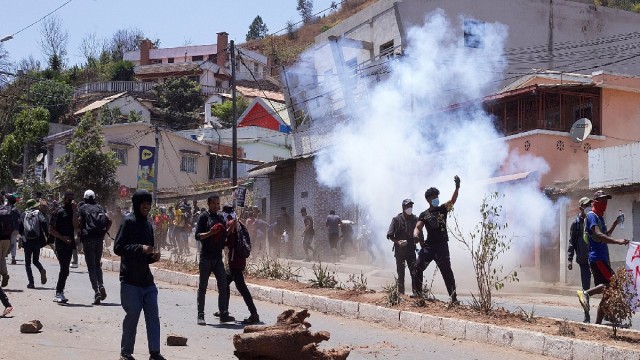
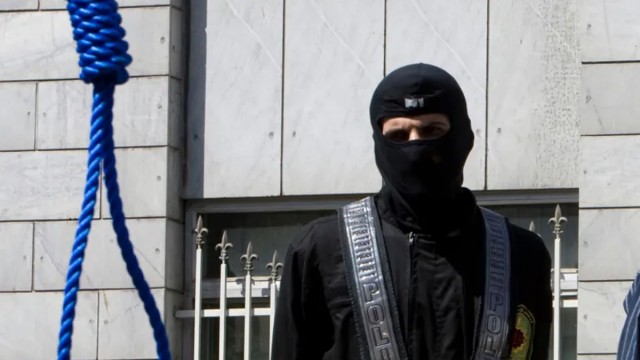


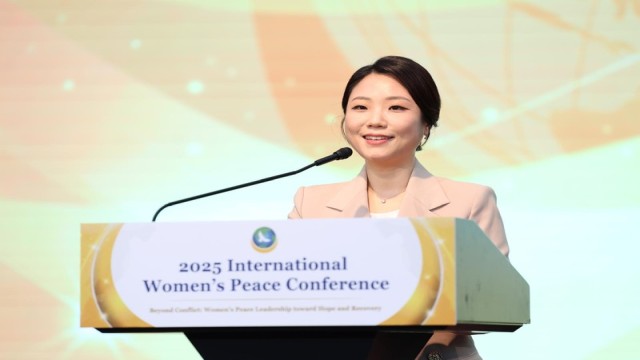
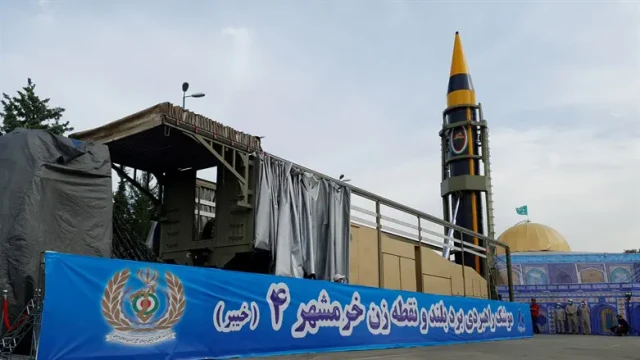
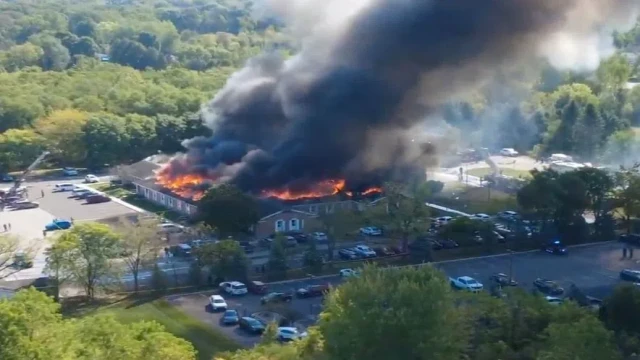
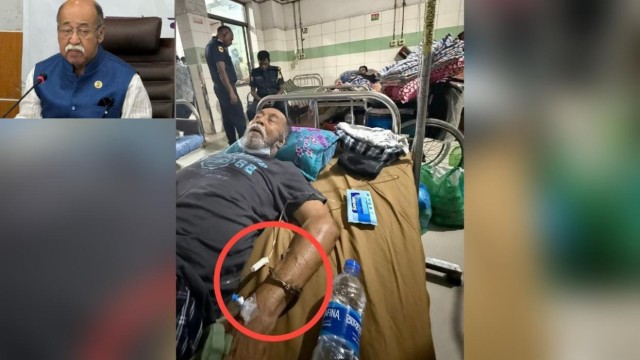
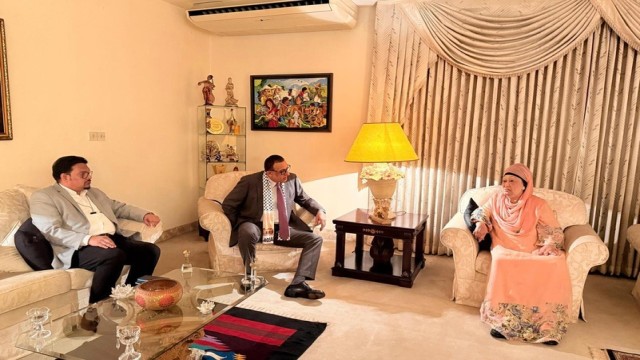
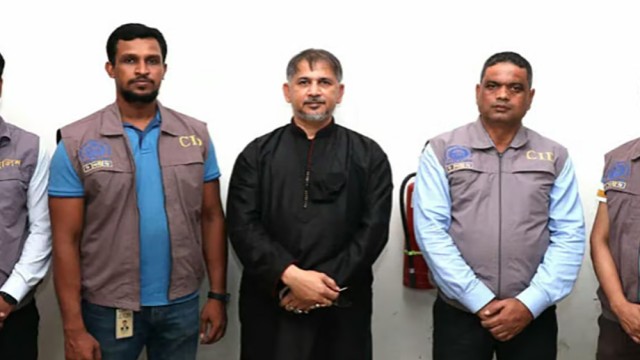
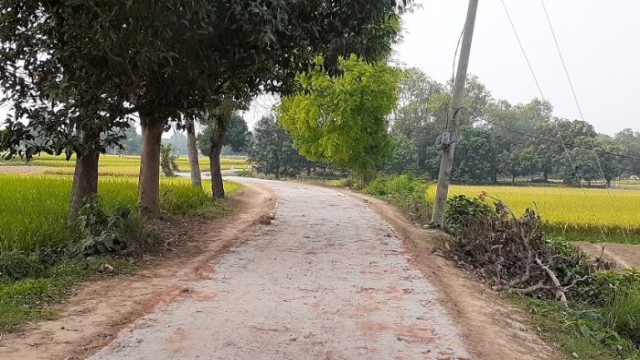

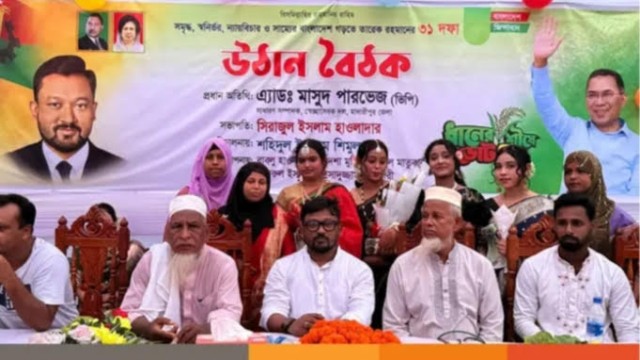
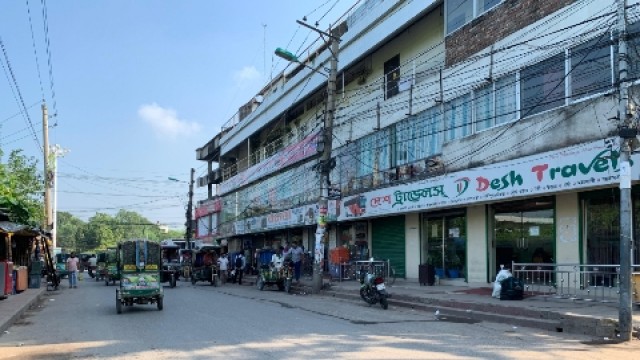
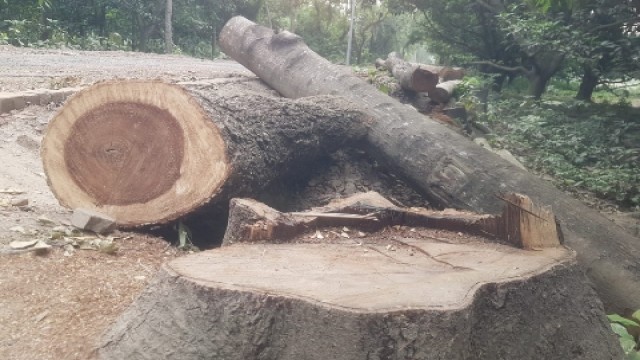
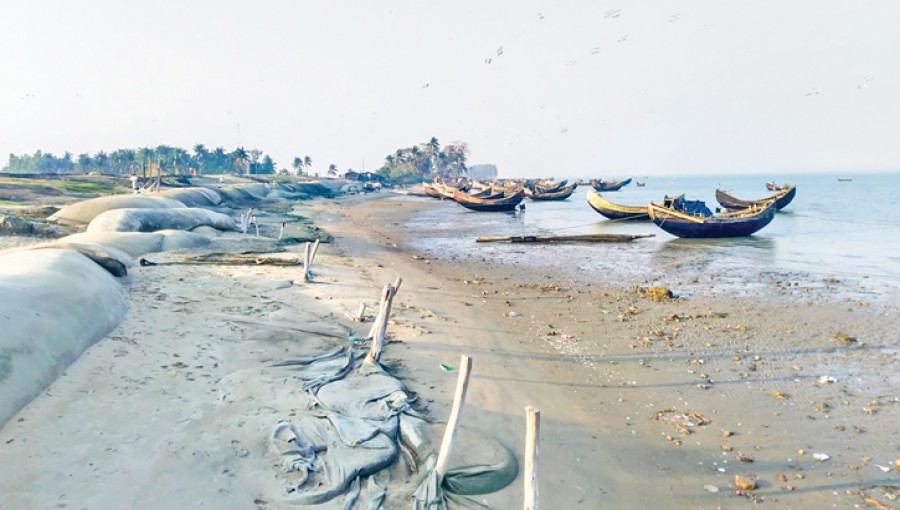

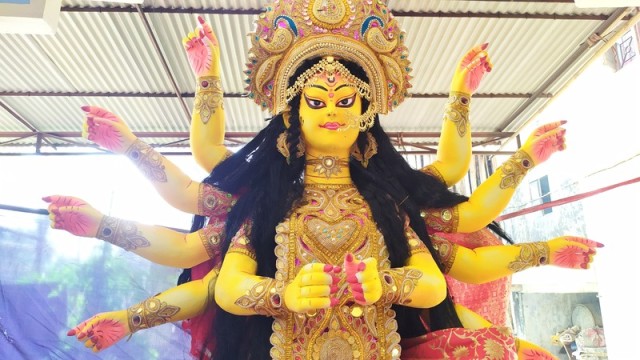
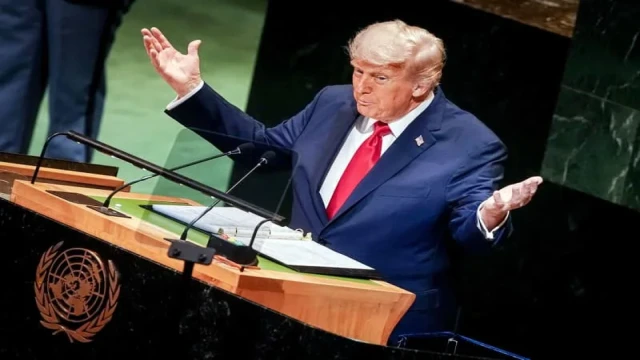

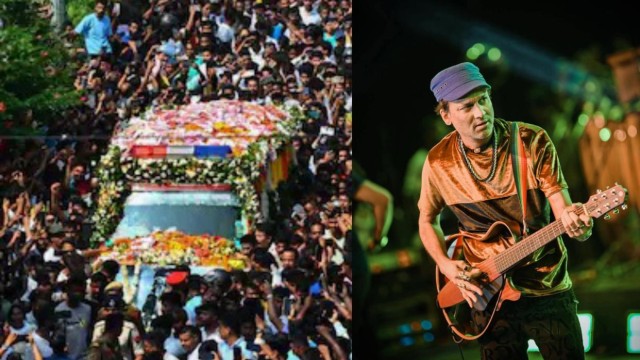
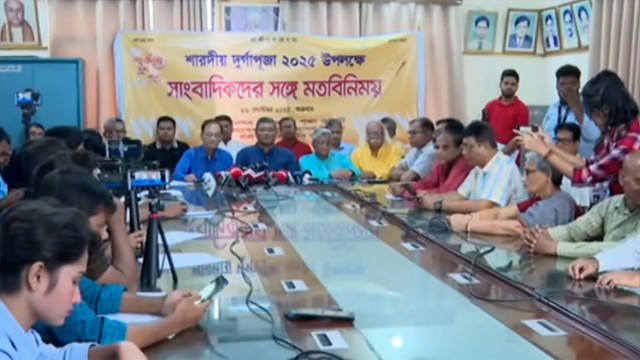
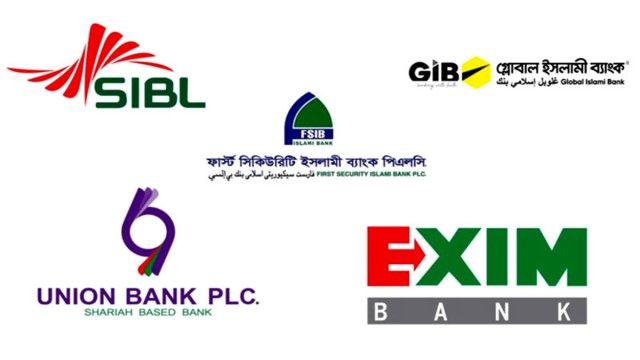
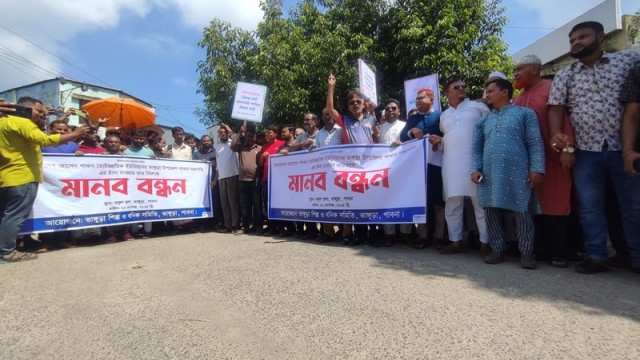
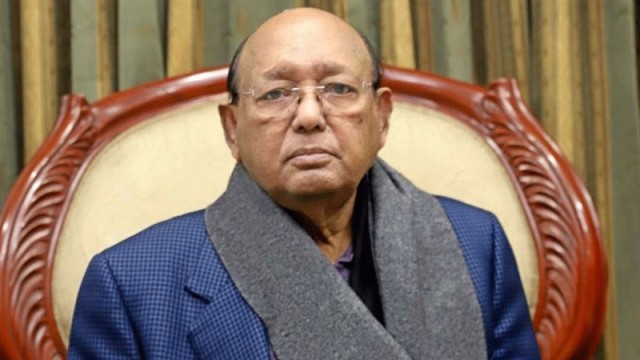
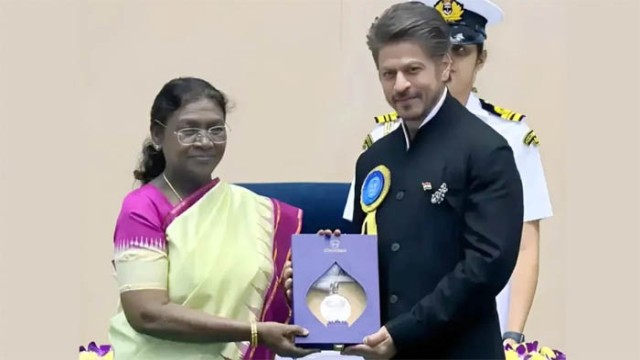

Comment: